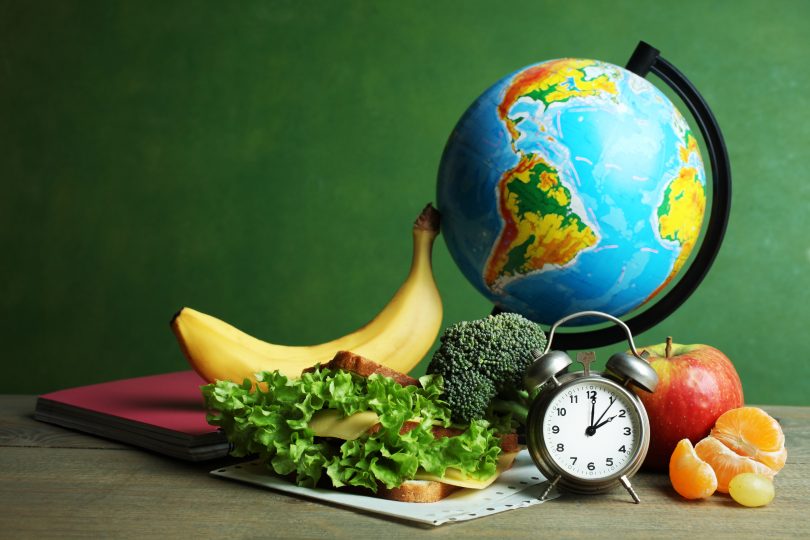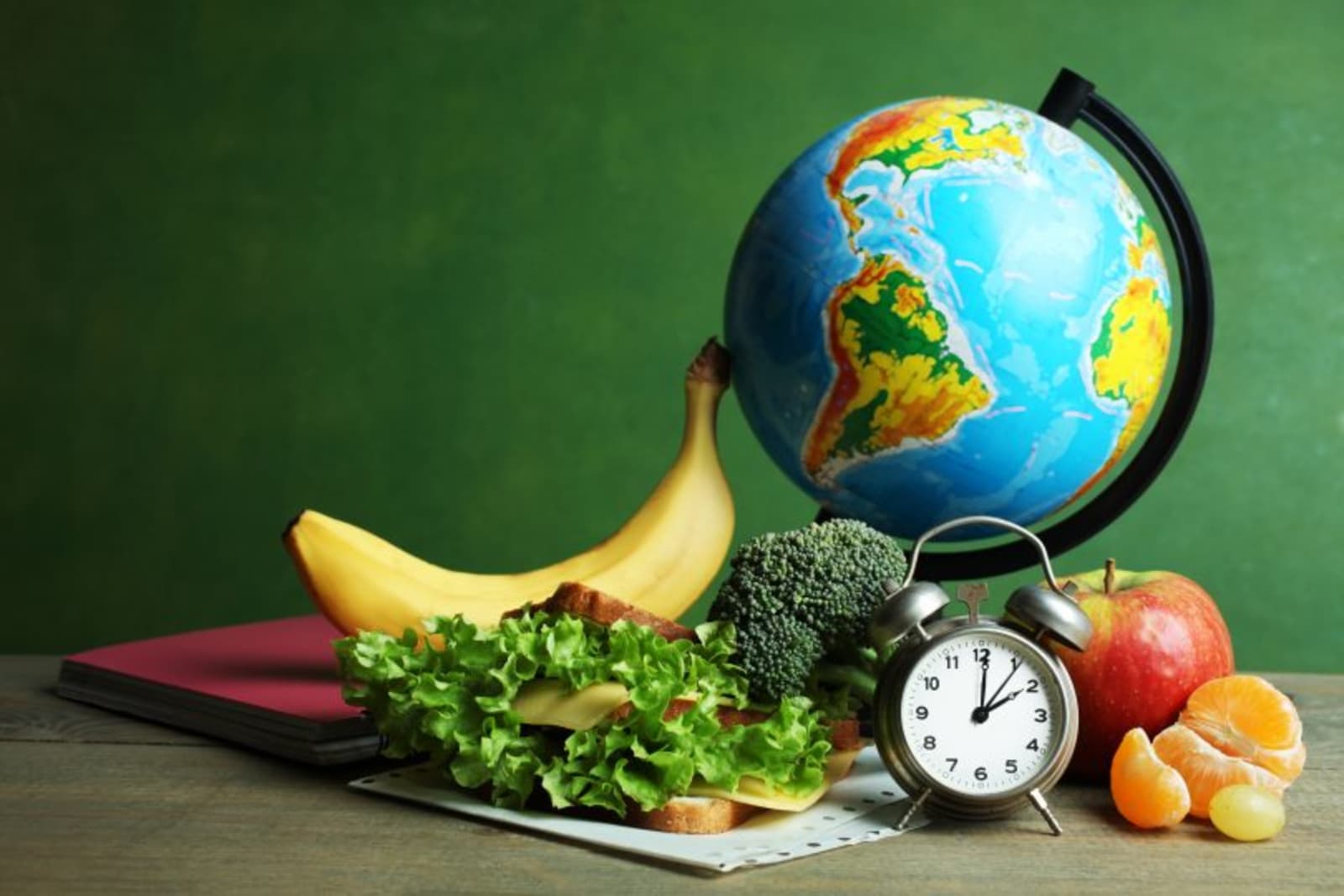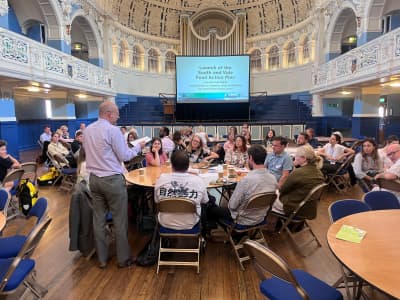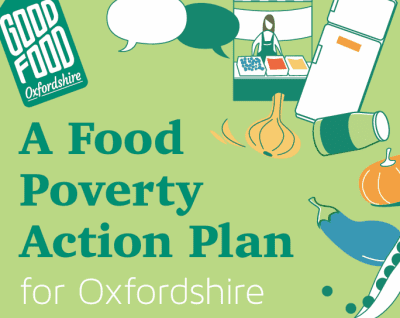The Food Research Collaboration has produced a succinct summary of what the IPCC WG3 report says about food and diet. The key messages from the report are:
Food-related decisions, from individual up to policy level, are very relevant to climate change;
These decisions could make significant, ‘gigatonscale’ differences to GHG emission levels;
Action is called for on the ‘demand’ side (i.e.,how we use high-emitting goods and services,
including in the food system) as well as on the supply side (how we produce them);
Demand-side measures come with 'multiple interacting benefits’ – for example, improvements to nutrition and health;
Individual behavioural change is insufficient for climate change mitigation unless embedded in
structural and cultural change;
‘Choice architecture’ – interventions or ‘nudges’ based on how choices are presented to people –
can shape their demand decisions;
Sustainable food systems that provide healthy diets for all are within reach but require actions
from all sectors, including better agricultural practices, consumers changing their diets,
and food producers, distributors, retailers and consumers reducing food waste.

The report also highlights the impact that food system and dietary choices have on emissions....
Food systems are associated with roughly 42% of global greenhouse gas emissions;
Looking at household's carbon footprints, the food sector 'dominates in all income groups' and also accounts for 48% of household impact on land and 70% of household impact on water resources;
Roughly 20-40% of food produced worldwide is wasted before it reaches the market;
Better consumption behaviours could reduce global greenhouse gas emissions by 40-70%.
It's not all doom and gloom....the report is confident that sustainable food systems that provide healthy diets for all are within reach but require changes at all stages from producer to consumer and waste management. We need better agricultural, processing, distribution and retail practices so that our supply chains waste less and produce fewer emissions. On the demand side, we need to focus on 'less and better meat', and more plant-based options in everyone's diets. To support better choices we need better 'choice architecture' - without the jargon, that means more places locally where we can access affordable, healthy, sustainable food as well as behavioural nudges from policy makers and retailers that support individual changes.
You can read the policy brief here.



